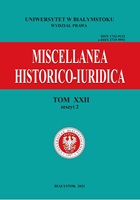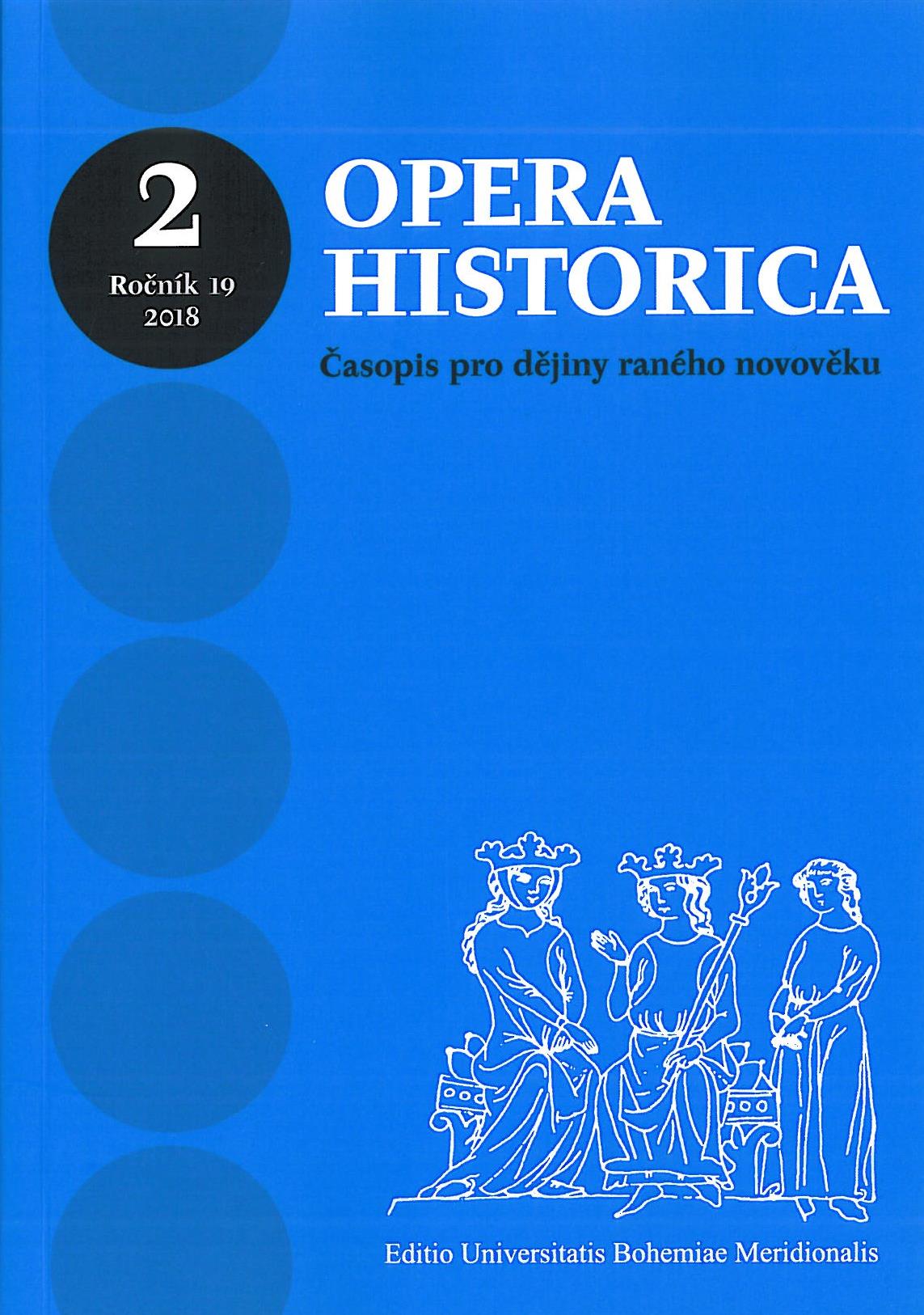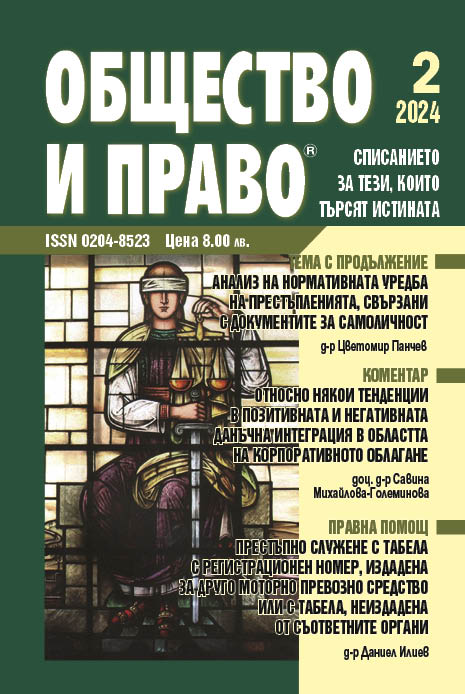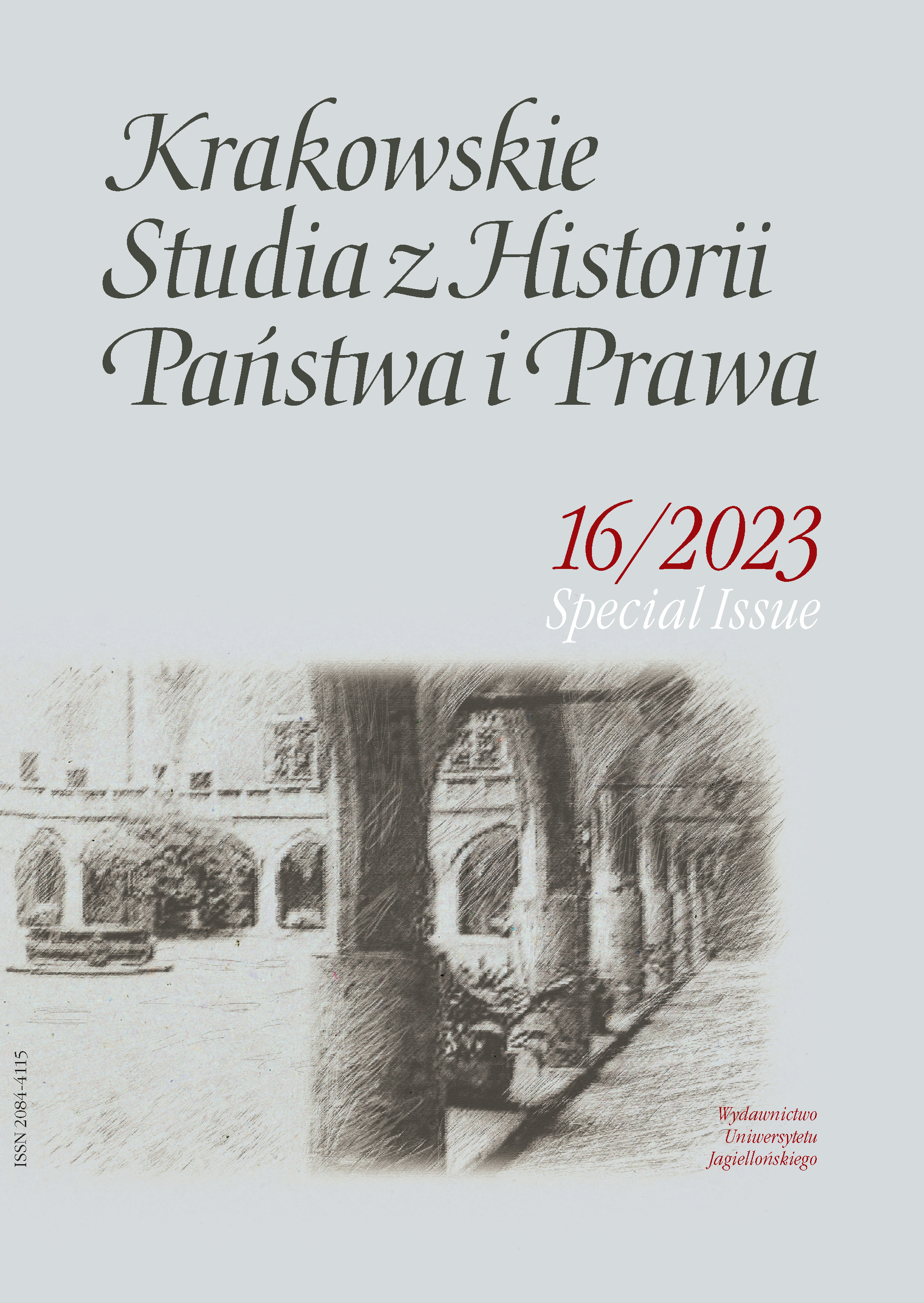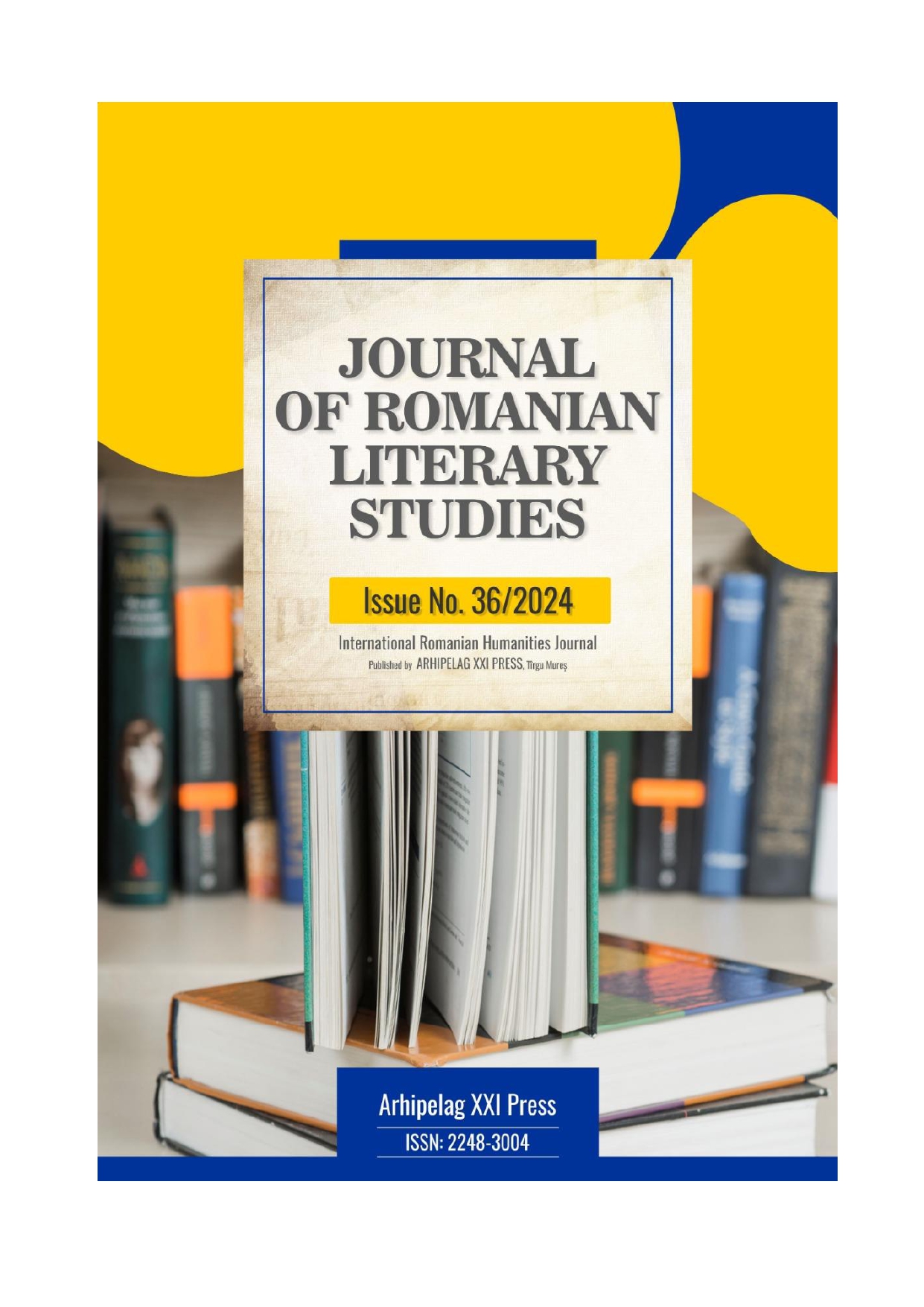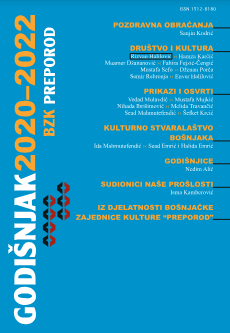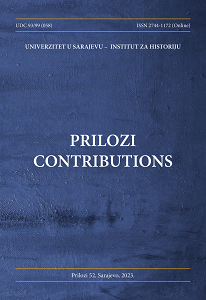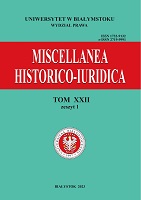
La transposition du Conseil dÉtat français dans le Duché de Varsovie (1807–1813). Aux origines de la proximité juridique franco-polonaise (acte 2)
Despite drawing on French culture in earlier centuries, it was not until Napoleon created the Duchy of Warsaw in 1807 that a flood of direct and indirect transpositions of French institutions and legal solutions affected Polish lands. Under radically different socio-economic conditions, however, they frequently evolved differently from their country of origin, more than once in an unexpected direction. This article is a part of a series of publications in which, by comparing two different optics for analysing the same phenomenon, the authors encourage us to abandon national subjectivism in favour of a more objective dialogue. Indeed, the same reality can give rise to several interpretations, especially when it comes to the transposition of legal models from one country to another.
More...
